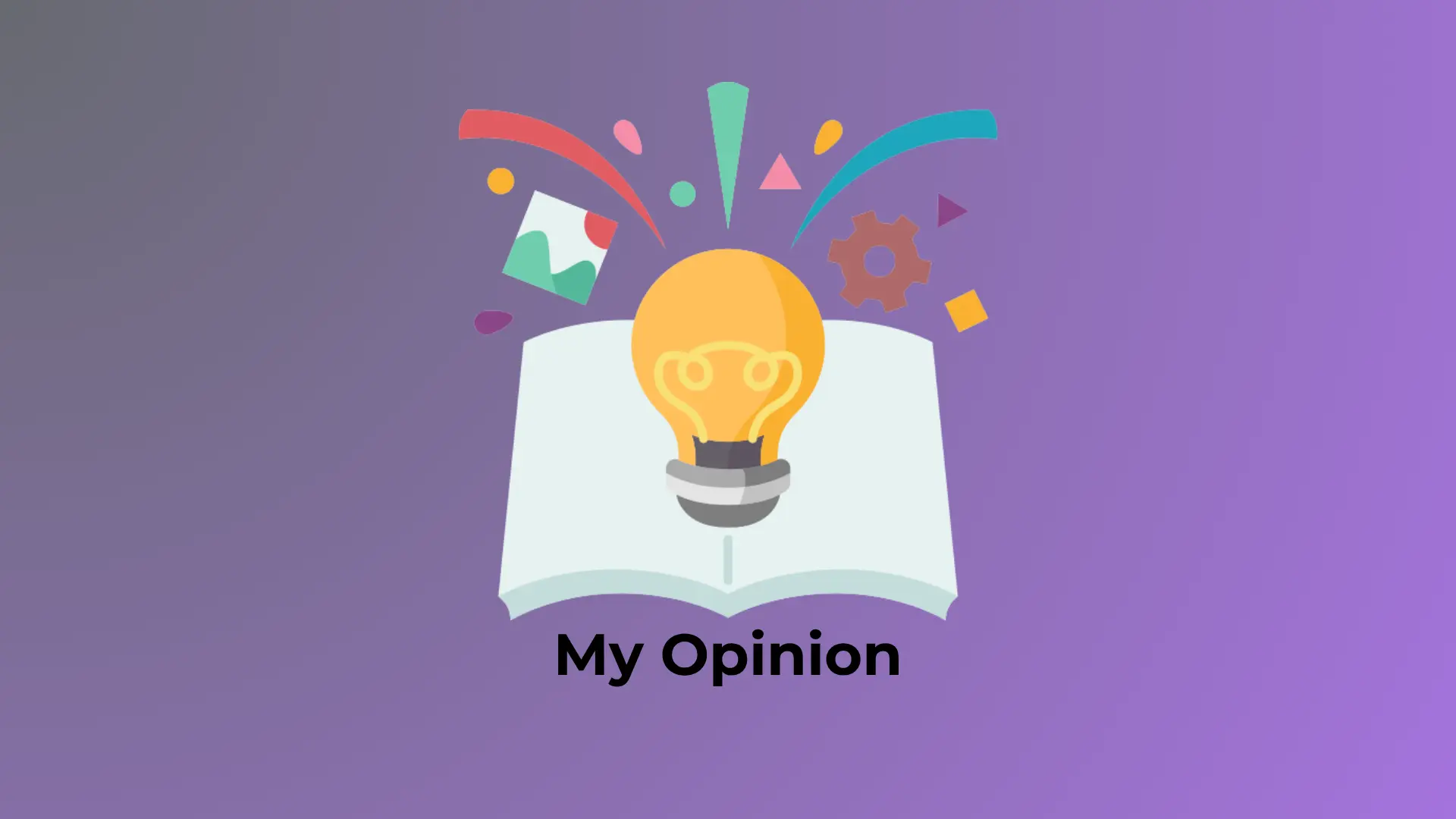
Navigating the Algorithmic Tide - AI, Workforce Disruption, and the Quest for a Post-Labor Future
The rise of artificial intelligence (AI) is rapidly reshaping the global workforce, ushering in a period of profound transformation. This unprecedented disruption presents both extraordinary opportunities and significant uncertainties for societies worldwide. As AI technologies automate a vast array of tasks, the prospect of substantial job displacement looms large. However, alongside displacement, AI also promises new roles and enhanced human capabilities.
The Current AI Landscape and its Transformative Potential
Today's AI advancements, notably in Large Language Models (LLMs) and Generative AI (GenAI), are shifting beyond routine automation towards complex cognitive functions traditionally reserved for humans. OpenAI’s GPT-4, for example, has achieved top-tier performance on standardized examinations, demonstrating AI's potential to augment or even supplant highly skilled human roles.
The McKinsey Global Institute estimates that AI could add USD 4.4 trillion annually in productivity, highlighting the profound economic implications. However, unlike historical technological shifts, the current pace and breadth of AI integration may leave less time for traditional workforce adaptation.
Projected Employment Impacts
AI-driven automation is projected to displace between 400 and 800 million jobs globally by 2030. Concurrently, millions of new roles are expected to emerge, particularly in AI development, renewable energy, and data analysis. Yet, the mismatch between displaced roles and newly created jobs poses a significant challenge. Workers in highly automatable jobs such as data entry, bookkeeping, and customer service face an uncertain future unless substantial reskilling occurs.
Conversely, AI is fostering job growth in STEM fields, healthcare, AI specialization, and roles requiring human-AI complementarity. The key challenge lies in the workforce's ability to transition into these roles rapidly enough to mitigate disruption.
The Debate: Automation vs. Augmentation
The core debate revolves around whether AI will primarily replace human workers (automation) or enhance human capabilities (augmentation). While augmentation appears promising, offering increased productivity and improved job satisfaction, it risks heightened job expectations, intensifying workloads, and potential burnout. The need for thoughtful AI integration that genuinely improves job quality and human welfare is critical.
David Shapiro's Post-Labor Economics
David Shapiro proposes a radical vision, Post-Labor Economics (PLE), where comprehensive automation leads to widespread job losses, necessitating an economic shift from wage-based income to property-derived dividends. Shapiro argues that AI's capabilities could fundamentally decouple economic productivity from human labor, significantly reducing the demand for human workers.
PLE advocates for participatory ownership models and universal dividends (USD 15,000--USD 20,000 per adult annually) derived from capital returns or AI productivity. Despite its provocative vision, critics argue that Shapiro's model overly relies on voluntary market mechanisms and underestimates existing power dynamics and the need for robust regulation.
Expert Consensus and Contention
While experts universally acknowledge AI's disruptive nature, significant debate persists around its long-term societal impacts. Economists debate whether historical employment adaptability remains applicable, with some predicting modest GDP boosts but negative welfare implications. Sociologists emphasize broader societal impacts, including power dynamics and workplace hierarchies, underscoring the need for a multidisciplinary approach to navigate AI-driven changes effectively.
Adaptive Strategies for Individuals
Proactive individual preparedness is essential. Lifelong learning, reskilling, and upskilling are critical as skill requirements rapidly evolve. Individuals should cultivate uniquely human skills such as critical thinking, emotional intelligence, creativity, and collaboration. Strategic career planning that leverages AI tools rather than fearing them will help individuals remain relevant and productive.
Societal and Policy Responses
Effective societal responses include comprehensive educational reforms, emphasizing human-AI complementarity skills, and robust vocational training programs aligned with market demands. Strengthening social safety nets, potentially through mechanisms like Universal Basic Income (UBI), can provide economic security amid disruptions.
"Just Transition" policies, ensuring fair and inclusive economic shifts, are crucial. These include enhanced unemployment benefits, wage subsidies, portable benefits for gig workers, and regional development initiatives to counteract geographical disparities exacerbated by AI adoption.
Governance, Ethics, and International Cooperation
Robust AI governance frameworks addressing ethical considerations, data privacy, transparency, and human oversight are essential. Public-private partnerships and international cooperation must harmonize ethical standards, promote responsible AI development, and prevent regulatory arbitrage.
Charting a Responsible Path Forward
AI's transformative potential is immense, yet its ultimate societal impact remains contingent upon our collective response. Proactive, inclusive strategies emphasizing human skills, educational reform, robust social safety nets, ethical governance, and international collaboration can steer AI towards fostering broad human welfare and inclusive prosperity. The era ahead demands a renewed social contract, ensuring technology serves humanity equitably and sustainably.